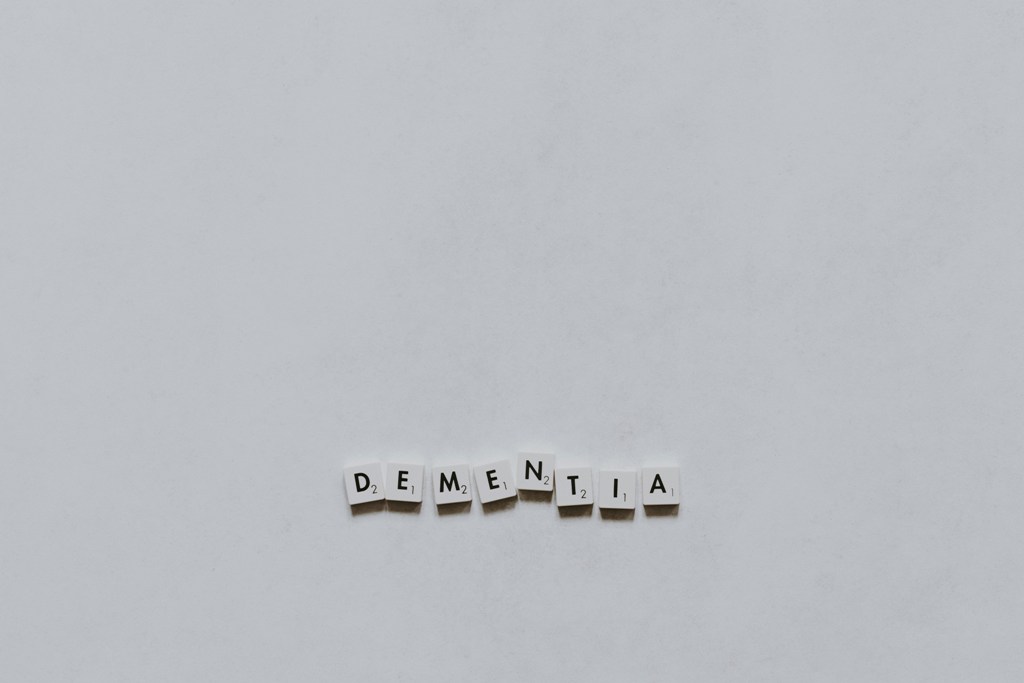People with dementia are diagnosed an average of 3.5 years after symptoms are first noticed, according to a new study published in the International Journal of Geriatric Psychiatry.

The study highlights that early signs such as memory loss, confusion, difficulty finding words, and changes in mood or behaviour are often missed or mistaken for normal ageing.
Researchers from University College London analysed data from 13 earlier studies conducted across Europe, the United States, Australia, and China, covering information on 30,257 participants.
The findings showed that younger age at the time of symptom onset and having frontotemporal dementia were linked to even longer delays in diagnosis. For those with early-onset dementia, the average time to diagnosis was 4.1 years.
The study noted that timely diagnosis of dementia is still a major challenge worldwide. This delay in identifying the condition affects access to available treatments and support systems. In high-income countries, it is estimated that only 50 to 65 percent of dementia cases are ever diagnosed. In many low- and middle-income countries, the rate is likely to be even lower.
Experts involved in the research said that symptoms are frequently misinterpreted as part of normal ageing, and that fear, stigma, and low public awareness often prevent people from seeking medical help in time.
The researchers also stressed the need for public awareness campaigns to improve understanding of early symptoms and encourage timely medical consultations.
The study recommended improved clinician training to enhance early recognition and referral. It also called for better access to early intervention services and personalised support to help people living with dementia and their families manage the condition effectively.


